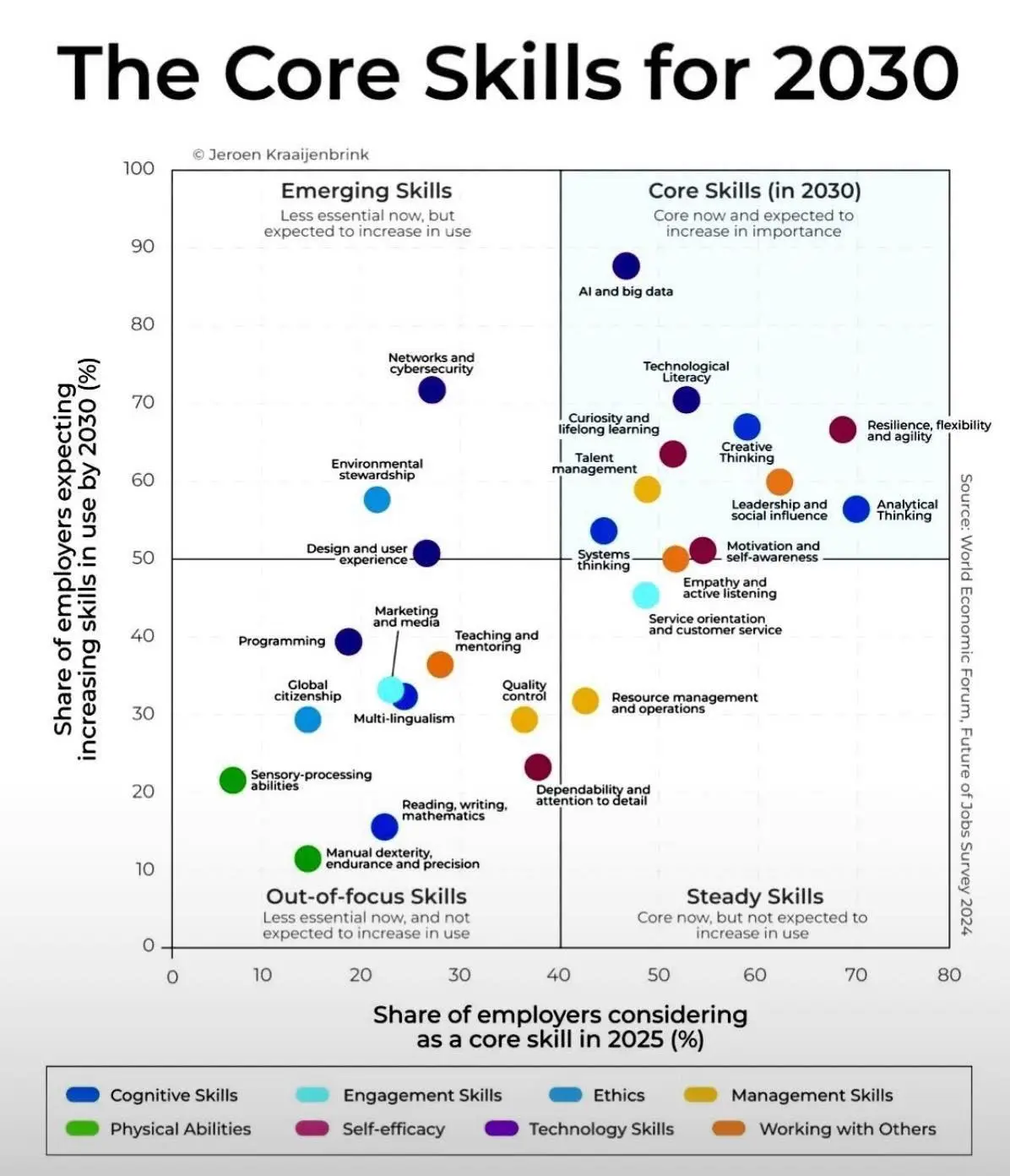In recent years, the Malaysia confinement center market has been booming. As people’s living standards improve and awareness of postpartum care increases, confinement centers have gradually become the first choice for many young parents. However, with the increasing severity of the declining birth rate, the confinement center market is also facing new challenges and opportunities.
Expanding Market Share: Despite the declining birth rate, the market share of confinement centers in Malaysia is still expanding. This is mainly due to the following factors:
- Rising Middle Class: The expansion of the middle class in Malaysia has provided a vast market space for confinement centers.
- Shifting Cultural Concepts: Changing traditional concepts have led people to pay more attention to postpartum recovery and maternal and infant health.
- Diversified Services: Confinement centers offer a growing variety of services to meet the needs of different groups of people.
Potential Trend Analysis
In the face of the challenge of a declining birth rate, Malaysia’s confinement center industry needs to actively respond and grasp the following potential trends:
High-end and Personalized Services:
- Customized confinement packages: Provide personalized confinement packages based on different customer needs, such as postpartum recovery, postpartum body shaping, and breastfeeding guidance.
- Introducing advanced medical equipment: Improve service quality and attract high-end customers.
- Creating a unique culture: Combine Malaysia’s diverse culture to create a unique confinement center.
Cross-border Medical Services:
- Attracting foreign customers: Utilize Malaysia’s geographical advantages and medical level to attract postpartum women from neighboring countries.
- Cooperating with overseas medical institutions: Establish partnerships to jointly develop cross-border medical services.
Transformation into Postpartum Rehabilitation Centers:
- Extending service cycles: Expand the service scope to a longer postpartum period, providing comprehensive services such as postpartum recovery and childcare guidance.
- Introducing postpartum psychological counseling: Help postpartum women alleviate postpartum depression and adapt to new roles.
Intelligent Services:
- Introducing smart devices: Use smart devices to monitor the health of mothers and newborns, providing more accurate services.
- Building online platforms: Establish online platforms to provide online consultation, appointment, and other services, enhancing user experience.
Postpartum Education and Community:
- Holding parenting lectures: Provide professional parenting knowledge to help young parents better care for their babies.
- Establishing a postpartum mothers’ community: Promote communication among postpartum mothers and provide emotional support.
Conclusion
In the context of a declining birth rate, Malaysia’s confinement center industry needs to continuously innovate and adjust to adapt to market changes. By providing high-end, personalized, cross-border, intelligent services, and strengthening postpartum education and community building, confinement centers can better meet customer needs and achieve sustainable development.




